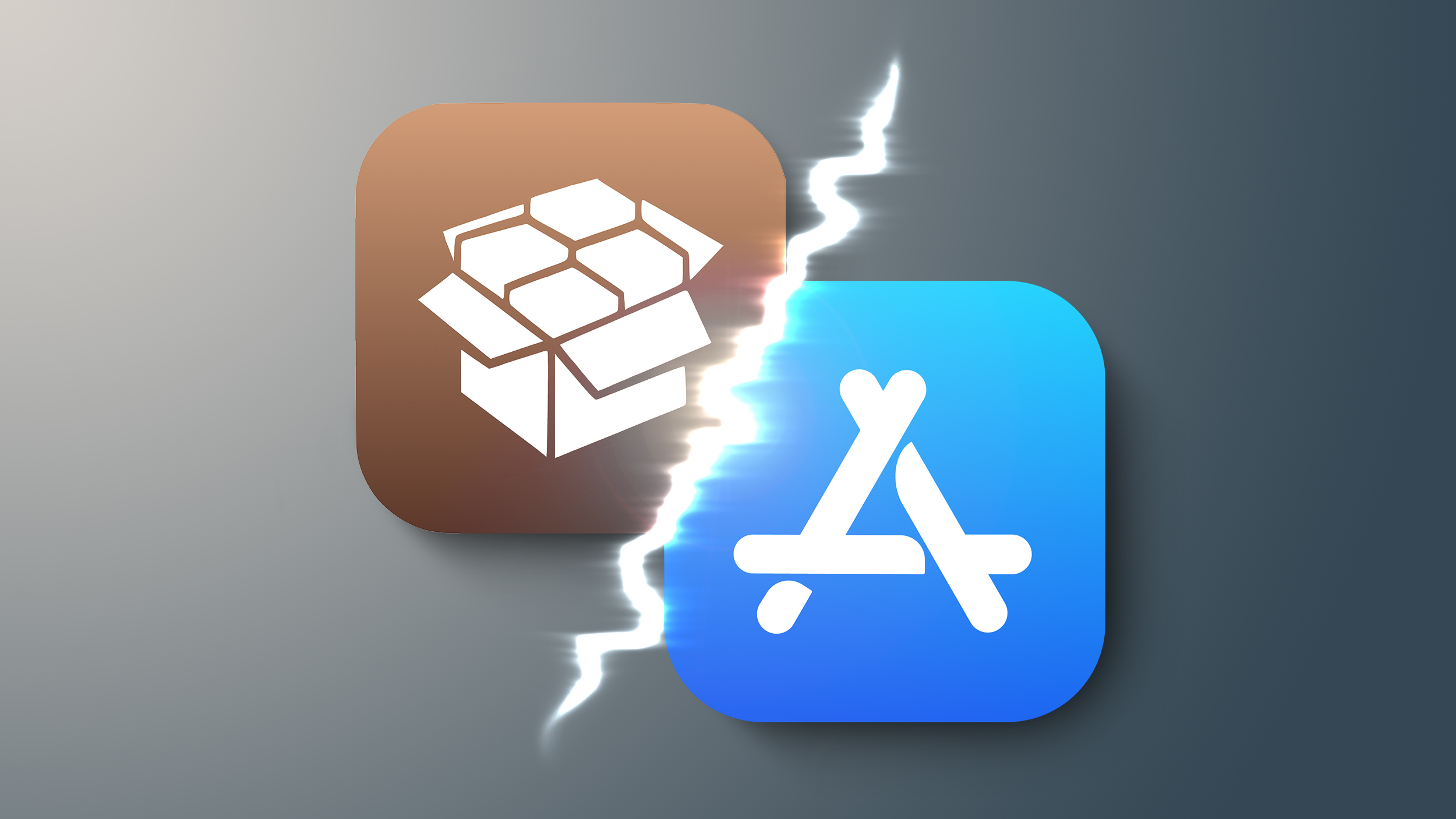
U.S. District Judge Yvonne Gonzalez Rogers today granted Apple's motion to dismiss a lawsuit filed against the company by Jay Freeman, creator of an alternative App Store known as Cydia for "jailbroken" iPhones and iPads. The case might not be over yet, however, as Freeman was given the option to file an amended complaint by January 19.

Freeman sued Apple in late 2020, alleging that the company has an illegal monopoly over iOS app distribution given that the App Store is the only authorized marketplace where users can download apps on the iPhone and iPad. His complaint also alleged that Apple has "consistently tried to snuff out alternative app stores" such as Cydia.
Cydia launched in early 2008, months before the App Store debuted. The app allows users who jailbreak their iPhone, iPad, or iPod touch to install apps outside of the App Store, as well as themes and tweaks that customize the look and functionality of iOS. For example, long before Apple introduced the Control Center on the iPhone, there was a tweak available on Cydia called SBSettings that offered similar functionality.
The lawsuit alleged that Cydia was the "first comprehensive solution" for expanding the iPhone's capabilities, and "the App Store before the App Store." (Early members of the jailbreaking community might argue that the Installer app was the true first.)
Freeman joined a growing number of developers who have sued Apple for alleged anticompetitive behavior, including Fortnite creator Epic Games.
When the complaint was first filed, an Apple spokesperson said the company would review the lawsuit, but denied that Apple was a monopoly given that it faces competition from Android. Apple has also repeatedly touted the privacy and security benefits of the App Store, claiming that third-party app stores could expose users to fraud and malware.
Should an amended complaint be filed by Freeman, Apple has until February 2 to respond, according to Gonzalez Rogers.
Article Link: Judge Dismisses Cydia Creator's Lawsuit Against Apple For Now
Last edited:


